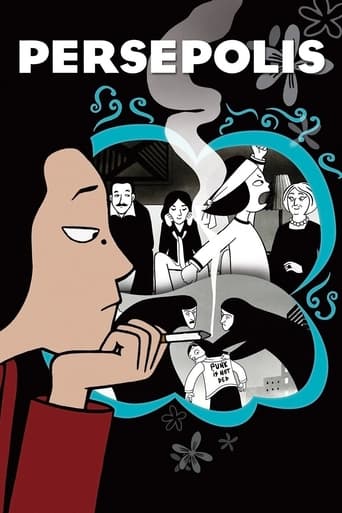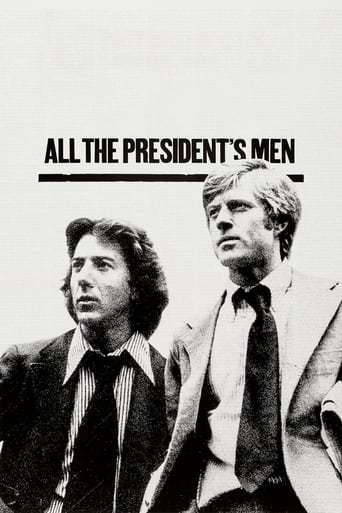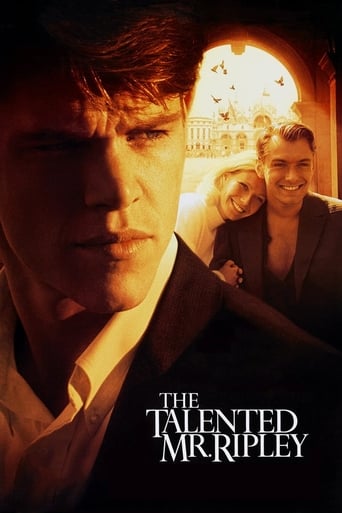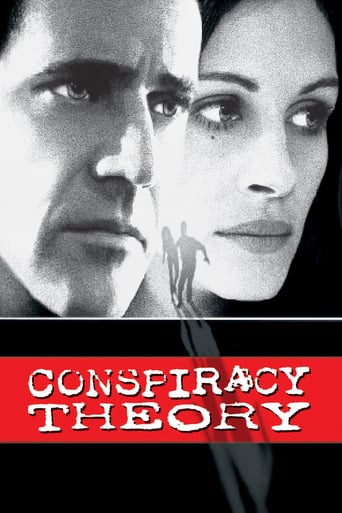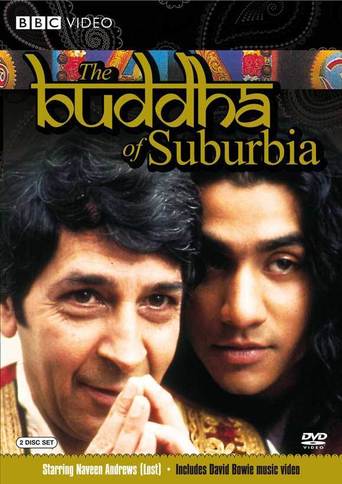

The Buddha of Suburbia (1994)
Class, race, sex, and farce. What more could you want as an evening's entertainment?
Watch Trailer
Cast
Similar titles
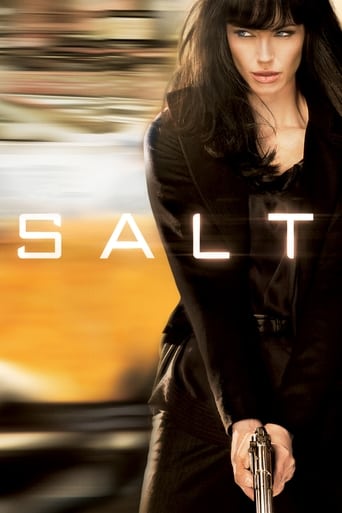
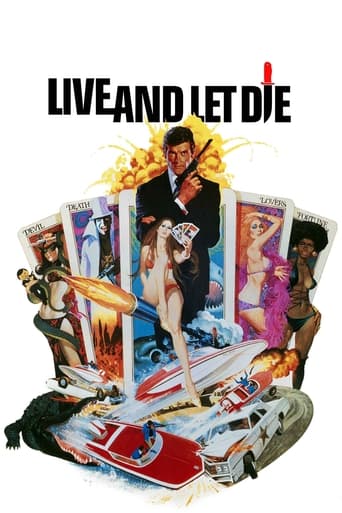
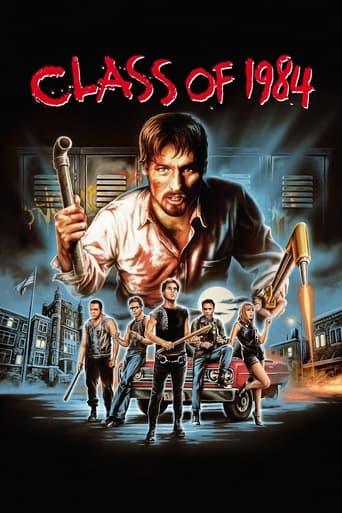
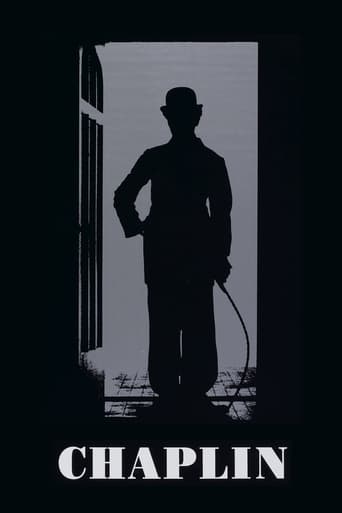
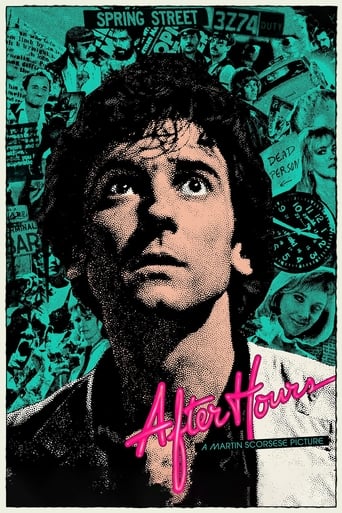
Reviews
the audience applauded
The performances transcend the film's tropes, grounding it in characters that feel more complete than this subgenre often produces.
It was OK. I don't see why everyone loves it so much. It wasn't very smart or deep or well-directed.
The biggest problem with this movie is it’s a little better than you think it might be, which somehow makes it worse. As in, it takes itself a bit too seriously, which makes most of the movie feel kind of dull.
The fact that this movie "American Desi" has become the focus of these ABCD's is sheer proof that they have missed the boat on the whole issue surrounding The Diaspora experience. Spoof it may be; but anything hedging upon reality; they will never know ...Back in the 70's when "East Meets West" / "Puhrab Au Pachim" came out, many questioned the actuality of such lifestyles actually becoming a reality.late 80's Buddha of Suburbia" by Hanif Quraishi/Ivory/Merchant production came out, giving us a truly deep insight to this sad phenomenon. Of the many Indo-Pak people I deal with - aged over 30, very few have ever heard of this movie - let alone have seen it.What is captured in Buddha of Suburbia is the many nuances and differences that exist between the old and the new - each taking pot-shots at each other and each looking more ridiculous than the other. I found the pace to be right on the mark - missing nothing.I suppose - having lived directly within these various cultures does give one a better understanding/insight to what Hanif is driving at. The story - told through Naveen's eyes really encapsulated every sublime - bizarre aspect of these cultures in conflict.Later movies such as Mississippi Masala and Monsoon Wedding (both worthy of mention) seem to fall a little short of The Buddha of Suburbia when dealing with so sensitive a topic and people ...What is more sad, is that many of those who do cleave (by whichever degree) to their culture tradition, language, religion, culinary skills, mode of dress, etc., are erroneously ridiculed as being FOB's.While the FOB's shake their heads in utter amazement at how distanced, these DESI's are from anything pertaining to India - these ABCD's turn up their noses at these "ignorant" FOB's. So it is, that these two groupings rarely connect with each other. In the DESI's attempt to become so modern/enlightened and superior, they sorely lack openness and understanding ...
A surprising series from the BBC that comes to us from the rather distant time of 1993, but that speaks of the 1970s, the time of punk and the beginning of Margaret Thatcher who was already out when the mini series was produced. And they bring it out in 2007 in the DVD format. At last some may say. These time lags are very interesting because the meaning of the story is completely different according to the time you stand in. At the time of the arrival of Margaret Thatcher, the National Front was a real danger, and the mini-series shows it quite well and it is Margaret Thatcher who thwarted this National Front's ambition completely and utterly by recuperating their votes. It was a time when the left thought along the narrow line of an old model, that of the communist inspired unions, particularly the mineworkers' union, and of the Labor left of Tony Benn, the aristocrat turned a strict socialist. And they needed to be woken up to reality and they were by Margaret Thatcher again. They had to realize the old more or less violent and always intimidating methods were wrong and that the system of the free market economy was not collapsing at all because market economy was not, still is not and will certainly not be collapsing, even if its management is changing and will be changing maybe towards a more controlled, smooth and just functioning. The film looks at the extremely crucial issue of the time: the integration of the massive immigration from South Asia, Pakistan, India and Bangladesh. It considers this movement from a mixed point of view. First of all the point of view of the immigrants themselves, and particularly one young man who is the son of an Indian man and an English woman. His vision is always divided because he is mixing with people from both communities. It shows both his very Indian approach of personal relations that takes sex for what it is, nothing much except some kind of relaxing way of meeting with other people. Then the orientation is not important at all. But at the same time he desires some deep sentimental and emotional commitment and that runs in conflict with the English approach of things that more or less considers commitment like a downfall, a fault, a flaw in the free texture of life at the time. Since he is not an opportunist he ends up stepping out of a group in which sex was some kind of payment for a career, and since his profession is acting, that leads him to some kind of rather aloof position though all the more chased after because he appears hard to catch. At the same time we have the point of view of the white actors and directors who want to give Indians their chance to be well represented on the stage but then these Indians run into the African blacks who do not have the Indian distanciation (the Blacks are not beige enough as this young man says) and who consider a humorous discourse about Indian immigrants to be yielding to the white representation a society they essentially see as racist is imposing onto them. If you add to that the punk music of one of these white friends of the main actor's you have the full picture. This punk movement was definitely on one hand an extreme and excessive denunciation of white fascism but it also led at the time to the antagonistic movement of the skinheads who were racist and violent. In other words that was a time when things were very volatile and changing too fast for anyone to know which way they were going. That was the time of the squatters and the Claimants' Union. Strangely enough though most of these claimants were whites who wanted to use the social protection that had been set up after the war and up to the end of the 60s to live in poor but decent conditions, with no regular profession but plenty of time to prop up all kinds of protest movements. I remember the squats of the White Chapel area and the punk concerts of the Marquee and the Roundhouse of these mid and late mid 70s. That was a time worth living and that is a time worth remembering. This miniseries gives us a fair picture of what could today inspire us slightly more: there is no future for any country and the people of those countries if there is not a fair dose of freedom, diversity and hard work.Dr Jacques COULARDEAU, University Paris Dauphine, University Paris 1 Pantheon Sorbonne & University Versailles Saint Quentin en Yvelines
Then again, why should it be. Those who watch this and comment about it being vacuous, etc., did not watch the same film I did. Of course the film is less detailed than the novel. Of course there's going to be some "stereotyping". But have you ever seen a film that didn't? This film gave voice (in the body of beautiful Mr. Andrews) to a young emerging culture. That of the Indo-Brit who was born in England, not India. Trying to fit in, yet knowing the conservative party/culture at the time would not let them. While not meant to be hysterical, this film has enough laughs to help you make it through its 220 minutes. It has enough passion to help you understand the feelings. And it has enough meaning to make you understand that not all things (causes, beliefs) can be folded neatly and packaged away for American viewers.Watch this film. You will not want your time back. Cheers.
Having enjoyed the quirky little "My Beautiful Laundrette," I was most disappointed by "The Buddha of Suburbia." The film is a disaster from beginning to end, and has the feeling that length was the sole purpose, as one sometimes feels when reading less-inspired 19th-century novels whose authors were paid by the word.There are nearly an hour's worth of shots of people walking up stairs, crossing streets, and standing silently which would have been edited by any other director. There is truly no reason in the world for it to have gone over two hours. Furthermore, the production is shoddy. Lighting is bad, lines are mumbled, blocking awkward.There is no "plot" per se, no shape to this massive mess. There are clues that it goes from the beginning to the end of the 70s, yet the events feel more like a three-year span.The subject simply appears to be the myriad ways in which the people in young Karim's life find to ruin their happiness. Their confusions range from hopeless dedication to old-country ways, (arranged marriages), to faddish spirituality, the constriction of "liberating" politics, disposable families, drugs, etc.With a theme like this, we want a character who struggles against the tides of spiritual emptiness. Karim's mother and brother might have fit the bill as the only characters with common sense, but they are virtually ignored. Instead, the main character is Karim, who drifts helplessly on the currents that mangle the lives of those close to him. Life simply happens to Karim, everything that transpires is the result of someone else's plans. Only in the latter half of the film does he actually have any kind of goal at all (becoming an actor).Never does he ever rise beyond being more than a helpless figure trying to be "nice," whether that means being a peacemaker, a lover, or a friend, or trying all three to find that none of them work. His relationships happen to him, and when they go south, he is unable do much more than voice a vague sense of complaint.Now characters like this have excellent potential; consider "The Stranger," "Zelig," "The World According to Garp," or "Being There." But Karim is so dedicated to helplessness that our sympathies are never engaged for him.And without a sympathetic character, a memorable line of dialogue, or even a sense of purpose, "The Buddha of Suburbia" is a waste.



